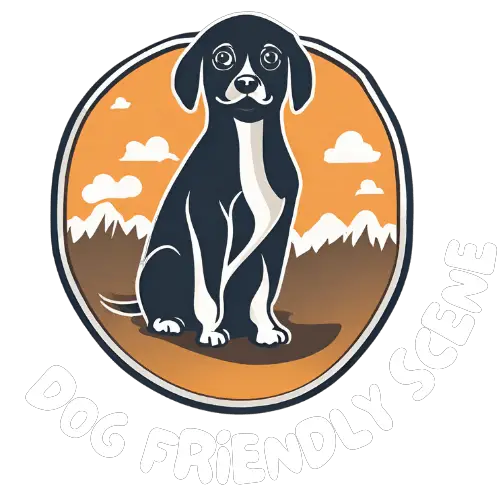Dogs, just like people, have different dietary needs as they age. Senior dogs need specifically tailored foods to help them maintain a healthy weight and avoid common health problems associated with old age.
This blog post will explain why senior dogs need different food than younger dogs and provide some tips for choosing the best food for your ageing pet.
Senior dogs need less food than adult dogs because their metabolism slows down as they age. If they eat the same amount of food as an adult dog, they are likely to gain weight. Many senior dogs need help with regular bowel movements. Senior dog food also includes extra fibre to help with their gastrointestinal health.
Risk Of Weight Gain
Gaining weight can lead to severe health conditions for dogs and an increased risk of heart disease, hypertension, or diabetes.
When should you switch your dog to senior dog food?
Many dog owners can be hesitant to switch their dogs to senior dog food because they believe their dogs will no longer enjoy the same delicious flavours.
However, with so many different brands and varieties of senior dog food on the market, it is easy to find a flavour your dog will love. Many senior dog foods are specifically designed to appeal to older dogs’ taste buds. –
Another common concern about switching to senior dog food is that doing so will cause a decrease in energy or mobility. However, this is not usually the case; most senior dog foods contain all of the nutrients your older dog needs to stay healthy and active.
It would be best to switch your dog to a senior diet when they are about half of their breed’s average life span. This will be different for different breeds of dogs.
Smaller dogs usually have a longer life span, so they will not need to switch to a senior diet as early as larger dogs.
The ideal time to switch to a senior diet for larger dogs would be around six years old if their average life span is 12 years old. If the average life span is 16 years old, the ideal time to switch to a senior diet would be eight years old.
What factors determine when you should switch to senior dog food?
The primary factors determining when to change your dog to a senior diet are your pet’s age and activity level.
If your dog isn’t as active or is gaining weight, it might be time for a senior diet.
What to look for in senior dog food?
When looking for senior dog food, you should look for foods that have ingredients like glucosamine and chondroitin. These can help dogs with joint and bone problems.
It would be best if you also looked for foods that have antioxidants, which can help support your dog’s immune system.
The food should also have high protein levels to help maintain muscle mass.
When Senior Food Is Not Enough!
Some senior dogs need a different kind of food, one that is special and different from the food for regular older dogs.
Older dogs often have health problems, like kidney or liver problems. To help these dogs stay healthy, their diet needs to include ingredients that support the body.
For example, a dog with heart disease requires a diet with low salt, and a dog with liver disease needs a diet with low fat. A dog with kidney disease will need a diet with low protein.
Recommended Read: Is It Worth Getting Insurance For An Older Dog? (Will They Insure)
Conclusion
If you have a senior dog, it’s essential to consider their dietary needs and switch them over to senior dog food. This will help ensure they maintain a healthy weight and have regular bowel movements. Senior dog food also includes extra fibre, which is beneficial for their gastrointestinal health. Not sure how old your dog is? Here are some checks that you can do at home to work out your dogs age.
